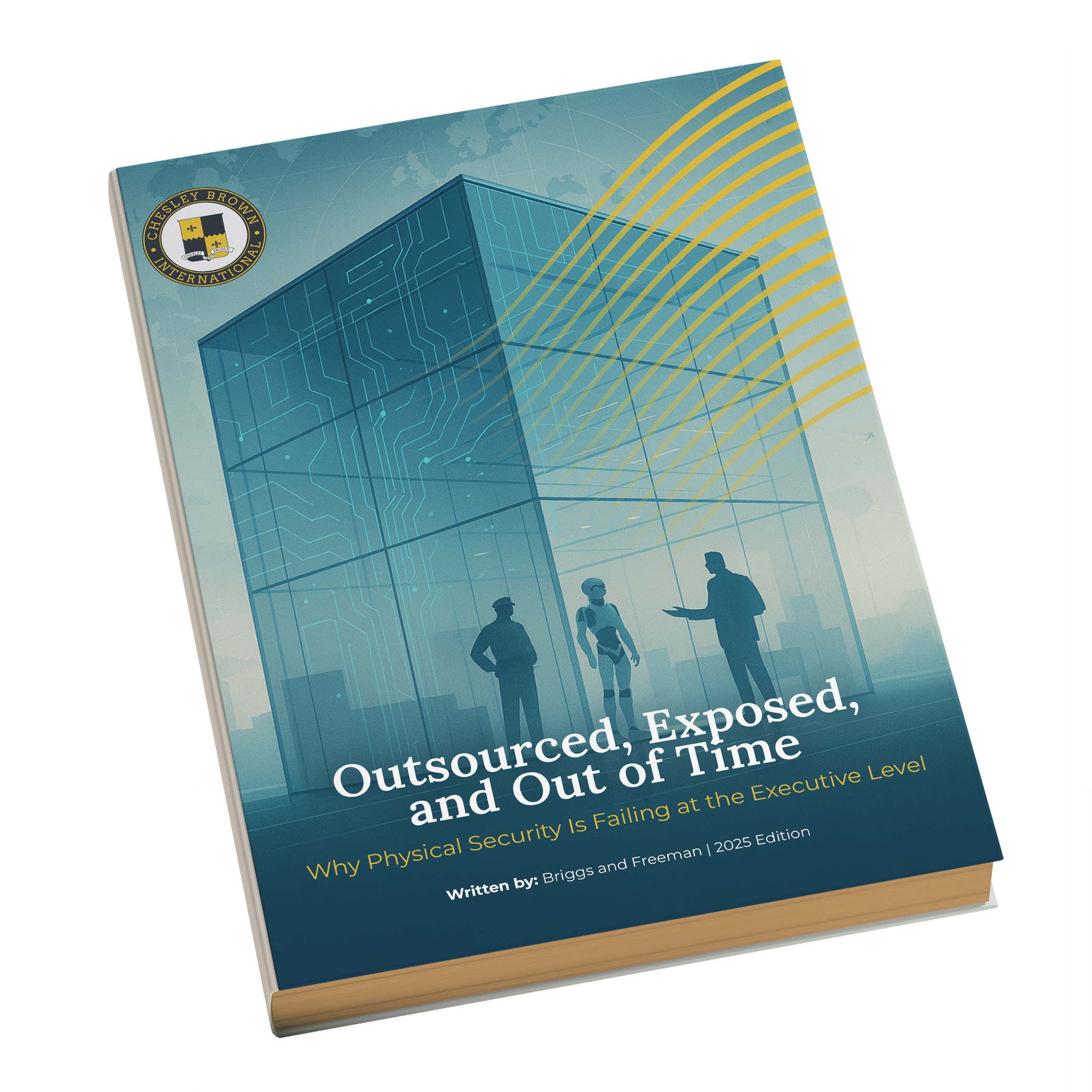Written by: James Hart
The best advice on disaster recovery and business continuity might actually come from the movies. As Rocky Balboa said: “It ain’t about how hard you hit. It’s about how hard can get hit and keep moving forward. How much you can take and keep moving forward.”
And that’s really the point of disaster preparedness: allowing companies to survive a major blow while avoiding shutdowns or, failing that, resuming operations as quickly as possible. Unfortunately, a substantial number of businesses will close because of a crisis — and then never open again. Contingency planning changes the dynamic by giving organizations a clear, easy-to-execute roadmap when the worst happens, so they can keep moving forward.
“But it only works if businesses do the hard work and create the plan before it’s needed,” emphasized Archie Dinwiddie, a vice president at Chesley Brown, the security consulting, and risk management firm.
“It’s vital that you have that in place beforehand,” added Josh Noland, vice president of Chesley Brown’s western operations, “because resources could suddenly disappear because everyone else is going after them.”
In this post, you’ll get a high-level look at what companies and other organizations should do to prepare for different kinds of disasters, from building a contingency plan to creating a team to execute it and much more.
Develop a Contingency Plan Before You Need It
A contingency plan is a detailed plan for what the organization should do during a specific emergency. In addition to keeping a version online, make sure you have multiple print copies too, ready to be referenced at a moment’s notice.
There are a handful of situations that essentially every company should prepare for, including threats such as fire, cyberattack, or workplace violence. But a lot of your planning will depend on your unique situation.
For example, your planning for natural disasters will be dictated by where you operate. Are you based in southern California? You should be ready for earthquakes. Gulf Coast? Plan for hurricanes.
In addition to natural disasters, you’ll have to prepare for manmade crises, too. Think about the nature of your business.
“What should a contingency plan cover?”
- Alternate Operating Locations: Where will your company operate if you lose access to your facilities?
- Access to Materials and Equipment: Do you still have a way to get all the physical materials and equipment that you’ll need?
- Communication Plan: How will your team communicate with each other?
- Continuity of Payroll: Will you still be able to pay your team?
- Basic Needs: Will your people have access to basic needs? Will they be able to come back to work?
Build a Response Team That Can Jump Into Action
Having a plan is a great . But you’ll need people to execute it.
If your organization is big enough to have its own security team, those personnel might be a natural fit for helping lead the response.
Mid-level managers are often great choices for disaster response teams. They tend to be in the office day in and day out and usually know people throughout the organization.
Your response team should meet at least quarterly. That way, you can constantly adapt to all the changes that happen during the course of a year.
Practice Your Response, and Make Updates When Necessary
How often should your company practice its disaster response?
“The closest thing to a standard recommendation would be annually at least,” said Dinwiddie.
Is your building undergoing a renovation? It might be a good idea to hold an extra fire drill in case the construction cuts off a long-standing escape route. And be sure to update your written plans to account for any changes you make because of these practice sessions.
Find a Trusted Source of Advice for Business Continuity
Your security contractor is going to be a natural place to find guidance on contingency planning. There are several free resources for contingency planning, too, like ready.gov/business, a clearinghouse of planning tools managed by the Department of Homeland Security, and the Red Cross’ readyrating.org, which has self-assessment tools to help judge your level of preparedness.
The Bottom Line About Business Disasters and Crisis Response
If you want your business to survive a disaster, then preparation is absolutely essential. You can’t wait until the worst happens to take these threats seriously.
Recovering from a major disruption might feel impossible, but you can increase your company’s chances with clear thinking and disciplined planning ahead of time.
Don’t gamble with the future of your business. Chesley Brown offers expert guidance and customized solutions to ensure your organization is equipped to weather any storm. From comprehensive contingency planning to proactive crisis management, trust Chesley Brown to safeguard your business continuity. Contact us today to fortify your resilience and keep your business moving forward, no matter what challenges arise.
Sign up!
For industry-leading guides and analysis sign up for our blog below.
Latest News
Podcast | Risk Takers Series #2 Terry Fisher — Electronic Countermeasures
Have you ever stopped to ask yourself what it is about your business that is truly valuable? When you really think about it, any business with a product or service has something a competitor or…
risk-takers #2 Terry Fisher — Electronic Countermeasures
Have you ever stopped to ask yourself what it is about your business that is truly valuable? When you really think about it, any business with a product or service has something a competitor or adversary could use. And if you’re being honest, you probably haven’t fully considered all the ways they might get their hands on that information. You’ve spent years building your business, but all it takes is one bad day to compromise that dream. In this week’s episode Brent sits down with FBI Special Agent (Ret.) and engineer Terry Fisher to discuss corporate espionage, electronic countermeasures (sweeps), bugging, and the common methods bad actors have used throughout history to gain access to proprietary information.
The Risk Takers Podcast Series Launches Today!
Chesley Brown Launches the Risk Takers Podcast Series Security Risk Management experts Chesley Brown Companies today announced the launch of “The Risk Takers Podcast Series” — a highly bingeable podcast hosted by veteran risk management…
risk-takers #1 The Aldrich Ames Espionage Case
Dell Spry, a former FBI investigator and counterespionage expert, sits down to discuss the biggest case of insider theft in U.S. History: The Aldrich Ames Case. Hear how he, along with the help of the CIA, and the fellow FBI agents used their cunning, hard work, and old fashioned investigative work to capture and convict most infamous CIA officer-turned traitor: Aldrich Hazan “Rick” Ames. Beginning in 1985 the CIA experienced the unparalleled loss of its of Soviet assets, which nearly destroyed the government’s ability to gather intelligence on the Soviet Union. In this interview Mr. Spry discusses his personal involvement in the case as the FBI’s lead investigator including many of the investigative methods they used. Hear never before details about the harrowing investigation to not only investigate and convict the highest ranking government official ever accused of spying, but to protect future Russian assets. In 1991, the quest led them to search for a Soviet spy in the CIA. They came to identify that spy as CIA Case Officer, Aldrich Hazan “Rick” Ames, a long-time CIA case officer and analyst. In February of 1994, Ames was arrested by the FBI and sentenced to life in prison.
Podcast | Risk Takers Series #1 The Aldrich Ames Espionage Case
Dell Spry, a former FBI investigator and counterespionage expert, sits down to discuss the biggest case of insider theft in U.S. History: The Aldrich Ames Case. Hear how he, along with the help of the…





